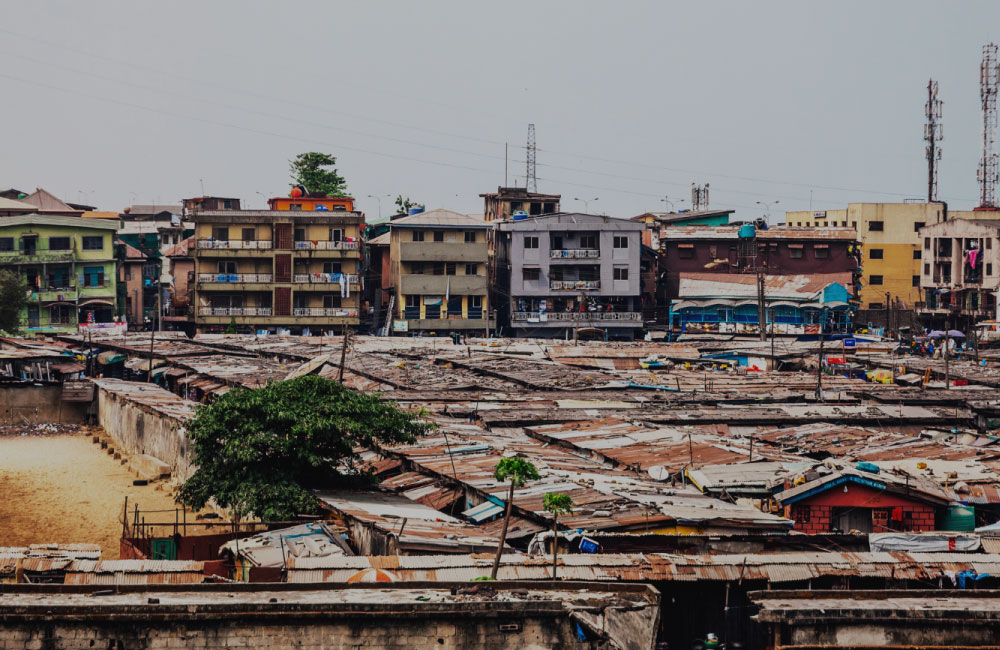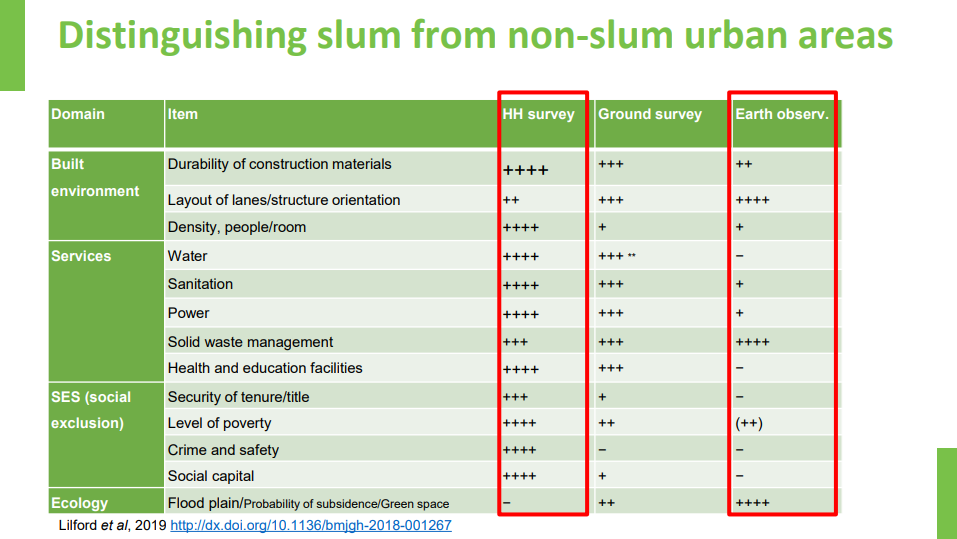
Blog: Comparing life for the poor in informal and formal settlements
Professor Tim Ensor, CHORUS Research Director, University of Leeds
Is someone who is poor better off living in a slum (informal settlement) or in accommodation mixed in with all other households?
This question has been on my mind recently, particularly after our pertinent webinar on Community Mapping and Domains of Deprivation with Caroline Kabaria recently (view webinar here).
There seem to be a number of important issues that could determine the answer to this question. Firstly, whether the availability and cost of services are likely to better or worse in these areas. I can imagine scenarios where living in an informal settlement provides quite good access to relatively cheap services perhaps organised by NGOs. In contrast, those living in non-slum areas may have to seek services from the expensive private sector, competing with perhaps quite wealthy people to get the attention from service providers. Conversely, often public investment in services will tend to favour formal settlements.
A second issue relates to the price of food, water and other essentials. In some contexts, slum dwellers pay substantially more for basic things like clean water; if for example they must depend on water tankers or packet water. Similarly, food is sold in small, costly quantities so that the price of a basic basket of goods is quite different in slum compared to non-slum areas. On the other hand the costs of basic accommodation outside informal settlements may be prohibitive to a poor family. All these factors could mean that the cost of living, as measured by economists in a price index, could be quite different for poor families living in different parts of a city.
A third issue relates to social networks including support to obtain employment, care for children and support for elderly relatives. Are these networks likely to be better or worse if you live close to families in similar circumstances? There are other issues as well that affect quality of life including crime and access to open spaces that may make it more or less desirable to live in informal or formal settlements.
I suspect there is no easy answer to my main question. It may well depend on the nature of the formal and informal settlements. Some informal settlement may have well-structured services that are as good or better than those found in other parts of a city. In other cases, a polluted environment, costly goods and services and lack of access to employment may make moving to small and perhaps very expensive accommodation in formal areas of a city desirable for an impoverished family trying to improve their life.
So what do you think? Perhaps more importantly what evidence do you have for the urban areas you are familiar with? I have spent a little time this week searching for evidence myself but have not found a lot that really answers my question. There is plenty of different ways of describing an informal area and measuring welfare. But little on comparing whether the poor are better off living in these types of settlements or moving to other parts of a city.
